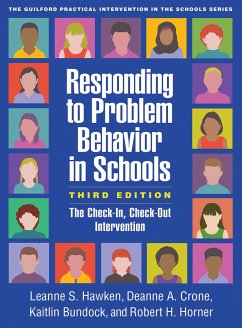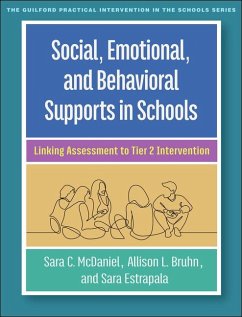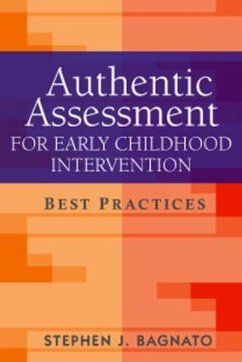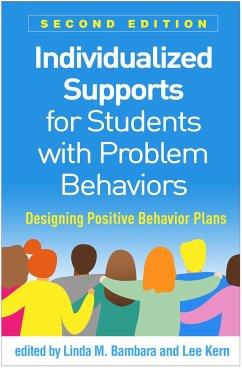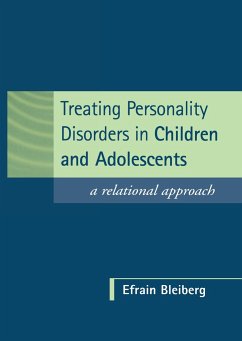
Interdisciplinary Frameworks for Schools
Best Professional Practices for Serving the Needs of All Students
Versandkostenfrei!
Versandfertig in über 4 Wochen
86,99 €
inkl. MwSt.

PAYBACK Punkte
43 °P sammeln!
This comprehensive, landmark guide presents an evidence-based approach to assessment and instruction in K- 2 education that takes into account individual differences in students. The guide identifies the developmental skills to be assessed and taught in early childhood, middle childhood, and adolescence, and it provides principles for tailoring assessment and intervention to individual students, who exhibit sizable developmental, individual, cultural, and language differences. Importantly, it also explains how to facilitate communication and collaboration among interdisciplinary teams in educa...
This comprehensive, landmark guide presents an evidence-based approach to assessment and instruction in K- 2 education that takes into account individual differences in students. The guide identifies the developmental skills to be assessed and taught in early childhood, middle childhood, and adolescence, and it provides principles for tailoring assessment and intervention to individual students, who exhibit sizable developmental, individual, cultural, and language differences. Importantly, it also explains how to facilitate communication and collaboration among interdisciplinary teams in education-professionals who are legally required to work together yet have such different training and disciplinary expertise that they seem to amp ldquo speak different languages. amp quot



